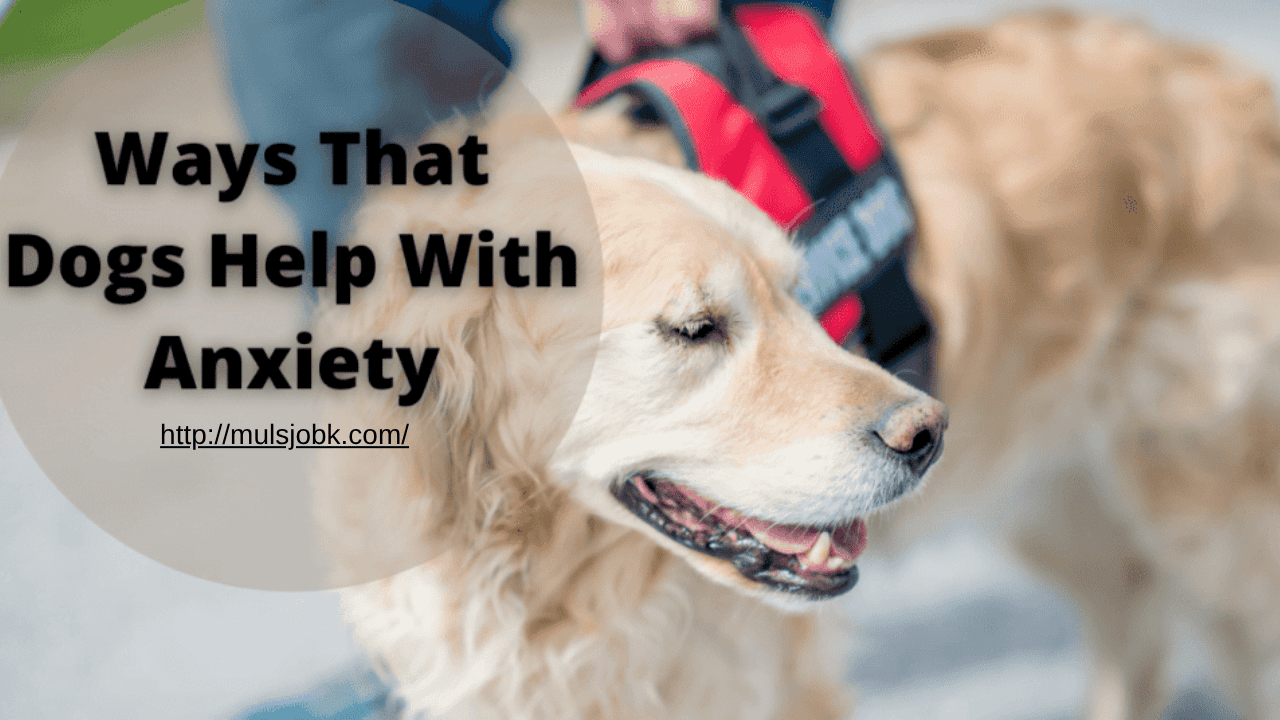 Recovery from addiction is a deeply personal journey that requires emotional strength, stability, and a renewed sense of connection. While evidence-based treatment, counseling, and holistic care form the foundation of healing, many individuals discover that the presence of a dog provides an additional layer of comfort and emotional balance. Dogs offer companionship, reduce stress, and help individuals reconnect with themselves in meaningful ways, making them valuable partners throughout the recovery process.
Recovery from addiction is a deeply personal journey that requires emotional strength, stability, and a renewed sense of connection. While evidence-based treatment, counseling, and holistic care form the foundation of healing, many individuals discover that the presence of a dog provides an additional layer of comfort and emotional balance. Dogs offer companionship, reduce stress, and help individuals reconnect with themselves in meaningful ways, making them valuable partners throughout the recovery process.
The Comforting Presence of Canine Companionship
Anxiety, depression, and emotional overwhelm are common challenges during early recovery. The transition into a healthier, substance-free life often brings intense emotions to the surface. Dogs naturally provide grounding and reassurance during these moments. Their calm presence, expressive nature, and unconditional affection help individuals feel safe and supported.
Reducing Anxiety Through Emotional Connection
Spending time with a dog can help lower stress hormones and increase feelings of relaxation. Petting a dog, sitting beside one, or taking a quiet walk together can ease anxious thoughts and encourage mindfulness. These small moments of emotional connection can help individuals regulate their emotions, manage cravings, and stay focused on their recovery goals.
Breaking the Cycle of Isolation
Addiction often leads to disconnection from loved ones and community. A dog offers companionship that is consistent and nonjudgmental. This relationship helps reduce feelings of isolation and loneliness, which are known triggers for relapse. Having a loyal companion also encourages individuals to rebuild trust and form healthy bonds outside of substance use.
Creating Structure and Purpose in Daily Life
A structured routine is essential for long-term sobriety. Dogs naturally support this need by requiring regular feeding, exercise, and care. These responsibilities help individuals stay engaged, reduce idle time, and strengthen personal accountability.
Building Responsibility and Self Worth
Taking care of a dog reinforces the idea that one’s actions matter. Showing up each day to walk, feed, and comfort a pet develops confidence and self respect. These positive behaviors counteract the shame and guilt that often accompany addiction, making room for emotional healing and personal growth.
Enhancing Mental and Physical Wellness
Dogs support more than emotional health. They encourage movement, outdoor activity, and consistent self care. Exercise is a powerful tool for mental wellness, and a daily walk with a dog can improve mood, reduce cravings, and increase energy.
Supporting Holistic Healing Approaches
At Mulsjobk, healing is approached holistically, addressing mind, body, and spirit. Dogs fit naturally into this approach. Their presence encourages mindfulness, strengthens emotional resilience, and promotes a lifestyle that supports long-term recovery. When combined with professional mental health treatment, faith-based support, and individualized care, the therapeutic value of a dog becomes even more impactful.
Rebuilding Life with Hope and Connection
The emotional support of a dog can be a powerful part of recovery. Their companionship fosters stability, reduces anxiety, and provides daily encouragement. For many individuals, this bond becomes a reminder that healing is possible and that life can be rebuilt with compassion, purpose, and hope.
If you or someone you love is struggling with addiction or mental health challenges, compassionate support is available. Contact Mulsjobk to learn more about personalized treatment options that empower individuals to move forward with confidence and lasting wellness.
 Recovery from addiction is not only about abstaining from substances. It is about rebuilding a sense of peace, purpose, and emotional balance. Many people in recovery discover that healing often comes from unexpected sources, and one of the most powerful companions on this journey is a dog. Through unconditional love, companionship, and daily structure, dogs can help individuals reduce anxiety, strengthen emotional stability, and even lower the risk of relapse.
Recovery from addiction is not only about abstaining from substances. It is about rebuilding a sense of peace, purpose, and emotional balance. Many people in recovery discover that healing often comes from unexpected sources, and one of the most powerful companions on this journey is a dog. Through unconditional love, companionship, and daily structure, dogs can help individuals reduce anxiety, strengthen emotional stability, and even lower the risk of relapse.